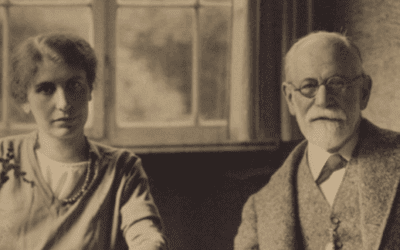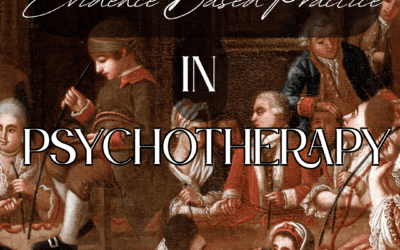What is Meditation?

Meditation, a practice with ancient roots, has gained significant attention in the field of brain-based medicine for its powerful effects on brain health and function. A growing body of scientific evidence has demonstrated that regular meditation practice can induce measurable changes in brain structure and function, leading to a wide range of cognitive, emotional, and physiological benefits. This article explores the science behind meditation and how brain-based medicine approaches are harnessing its potential to promote optimal brain health.
The Neurophysiology of Meditation
- Default Mode Network (DMN): Meditation has been shown to decrease activity in the DMN, a network of brain regions associated with mind-wandering, rumination, and self-referential processing. This decreased activity is linked to reduced stress, improved focus, and enhanced present-moment awareness.
- Prefrontal Cortex: Regular meditation practice has been associated with increased thickness and activation of the prefrontal cortex, a brain region involved in executive functions, such as attention, decision-making, and emotional regulation.
- Amygdala: Studies have found that meditation can lead to decreased amygdala reactivity, suggesting a reduction in stress and emotional reactivity. This change is particularly relevant for individuals with anxiety and mood disorders.
- Hippocampus: Meditation has been linked to increased volume and connectivity of the hippocampus, a brain region crucial for learning, memory, and emotional regulation.
The Benefits of Meditation for Brain Health
- Stress Reduction: Meditation has been shown to reduce stress by modulating the body’s stress response system, leading to decreased cortisol levels and improved resilience.
- Cognitive Enhancement: Regular meditation practice has been associated with improved attention, working memory, and cognitive flexibility. These benefits can translate to enhanced performance in daily life and may provide protection against age-related cognitive decline.
- Emotional Well-being: Meditation has been found to cultivate positive emotions, such as compassion and empathy, while reducing negative emotions like anxiety and depression. These emotional benefits can contribute to overall mental well-being and resilience.
- Pain Management: Meditation has been shown to modulate pain perception by altering brain activity in regions associated with pain processing. This has important implications for chronic pain management and quality of life.
- Neuroplasticity: Meditation has been found to promote neuroplasticity, the brain’s ability to reorganize and form new neural connections. This enhanced neuroplasticity may support brain health and adaptability throughout life.
Brain-Based Medicine Approaches to Meditation
- Mindfulness-Based Interventions: Brain-based medicine practitioners often incorporate mindfulness meditation techniques, such as mindfulness-based stress reduction (MBSR) and mindfulness-based cognitive therapy (MBCT), into treatment plans for a wide range of mental health conditions.
- Neurofeedback: Some brain-based medicine approaches combine meditation with neurofeedback, a technique that uses real-time feedback of brain activity to help individuals learn to modulate their own brain states and enhance the benefits of meditation.
- Personalized Practice: Brain-based medicine practitioners may recommend specific meditation techniques and durations based on an individual’s unique needs and goals, taking into account factors such as age, health status, and personal preferences.
While meditation is generally considered safe and beneficial, it’s important to approach the practice with realistic expectations and under the guidance of qualified professionals. Some individuals, particularly those with certain mental health conditions, may require additional support or modifications to their practice.
As the science behind meditation continues to evolve, brain-based medicine practitioners are well-positioned to translate these findings into personalized, evidence-based interventions. By incorporating meditation into a comprehensive brain health plan, individuals can harness the power of this ancient practice to promote optimal brain function, emotional well-being, and overall quality of life.
Types of Therapy























0 Comments